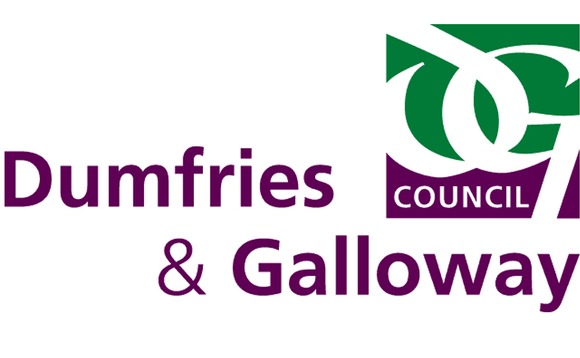Challenge
Miles driven in private vehicles for business, known as grey fleet mileage, can be considered an ‘easy option’ for council staff: the employee uses their own car and the employer processes the resulting mileage claim. However, neglecting to effectively manage the grey fleet can leave an organisation exposed to risk as well as unnecessary extra costs. Dumfries and Galloway Council was keen to implement a progressive new travel policy to tackle grey fleet and encourage the use of low-emission vehicles.
Solution
Effective grey fleet management supports three key policy areas: health and safety, environmental sustainability and financial efficiency. Energy Saving Trust worked with key Council staff to provide a sound business case to revise the Council’s travel and subsistence policy and offer an evidence base to drive significant improvements.
Key milestones included:
- the introduction of a grey fleet mileage reduction target and its implementation across all departments
- the integration of electric vehicles within the current pool fleet
- the roll-out of telematics units, primarily for scheduling and vehicle utilisation
- establishing a car club for both Council employees and the public
In addition, the Council made a commitment to leasing best-in-class pool vehicles, using EST’s best-in-class online tool to help inform its choices. Corporate pool cars introduced in 2010 were all below 120g/km and after replacing vehicles in 2013, the average emissions of the 100 fleet vehicles is now 93g/km.
Setting an effective and up-to-date travel policy to restrict unnecessary grey fleet usage and promote other forms of transport has helped the Council reduce operational risk, and comply with duty-of-care legislation.
Result
The Grey Fleet Review revealed that Council staff travelled 2.86 million business miles in 2011/12. This has since been reduced to 2.17 million,
a reduction of 23 percent within one year.
The improvements have also resulted in estimated carbon savings of 231 tonnes and cost savings of £400,000 per annum.
Dumfries and Galloway Council will continue to evaluate its new policy and is considering a number of developments including:
- introducing an incentive for staff with vehicles emitting less than 120g/km CO2
- incentivising alternatives to car travel for both business and commuter journeys
- extending video conferencing facilities
- encouraging greater car-sharing for business travel
The Council is also considering pre-authorisation of grey fleet journeys to increase the transparency of travel decisions and the ability to challenge poor practice. Importantly, staff at all levels within the department will be expected to reassess their travel practices.
“Our Council has put significant emphasis on reducing staff travel and associated costs over the last four years. Data for grey fleet was previously difficult to rely on, but it does appear that a reduction in the region of 50% has been achieved since 2008/09. Including Home Care staff, as well as “core” grey fleet, the reduction in mileage last year was over 1 million miles. We have sought to replace some of this mileage with more fuel-efficient pool cars, but the most recent reductions have been actual reductions in miles travelled, rather than mileage offset elsewhere. This brings both financial and environmental savings, as well as reducing down-time spent travelling.”
Harry Thomson, head of integrated transport and commissioning, Dumfries and Galloway Council
